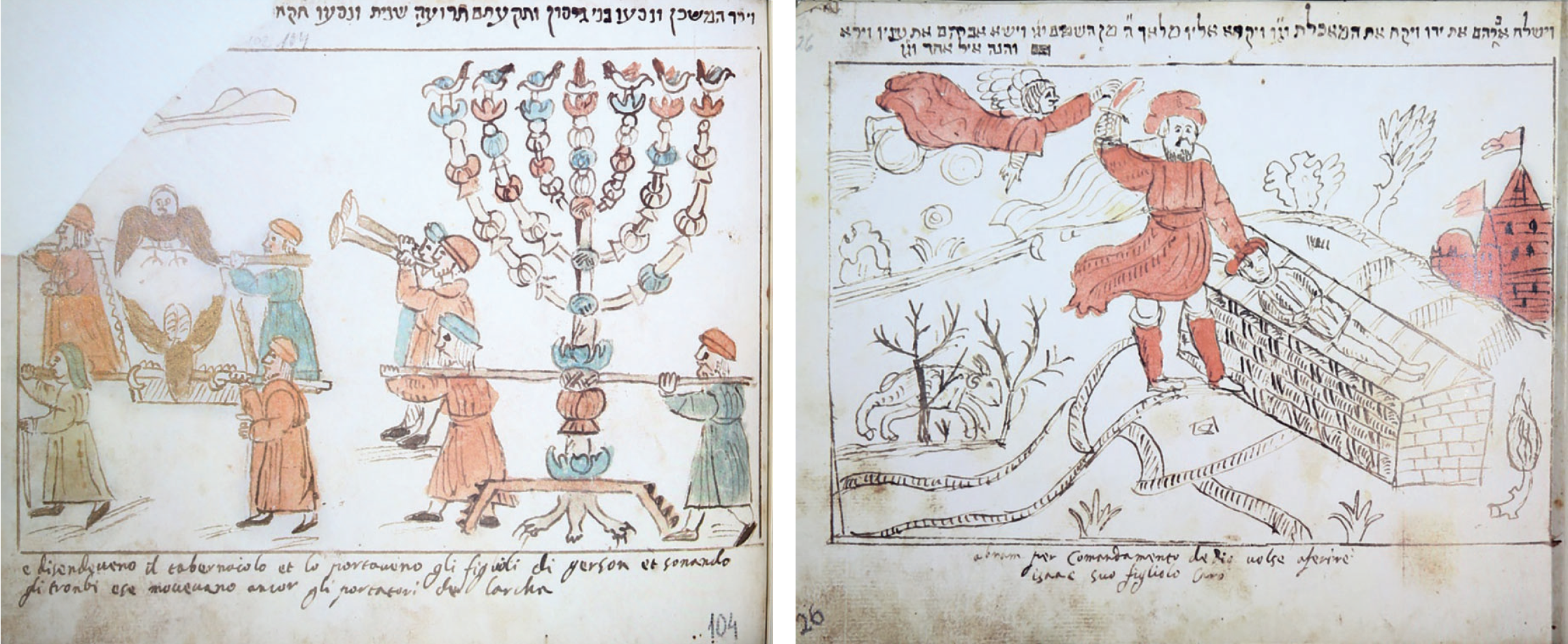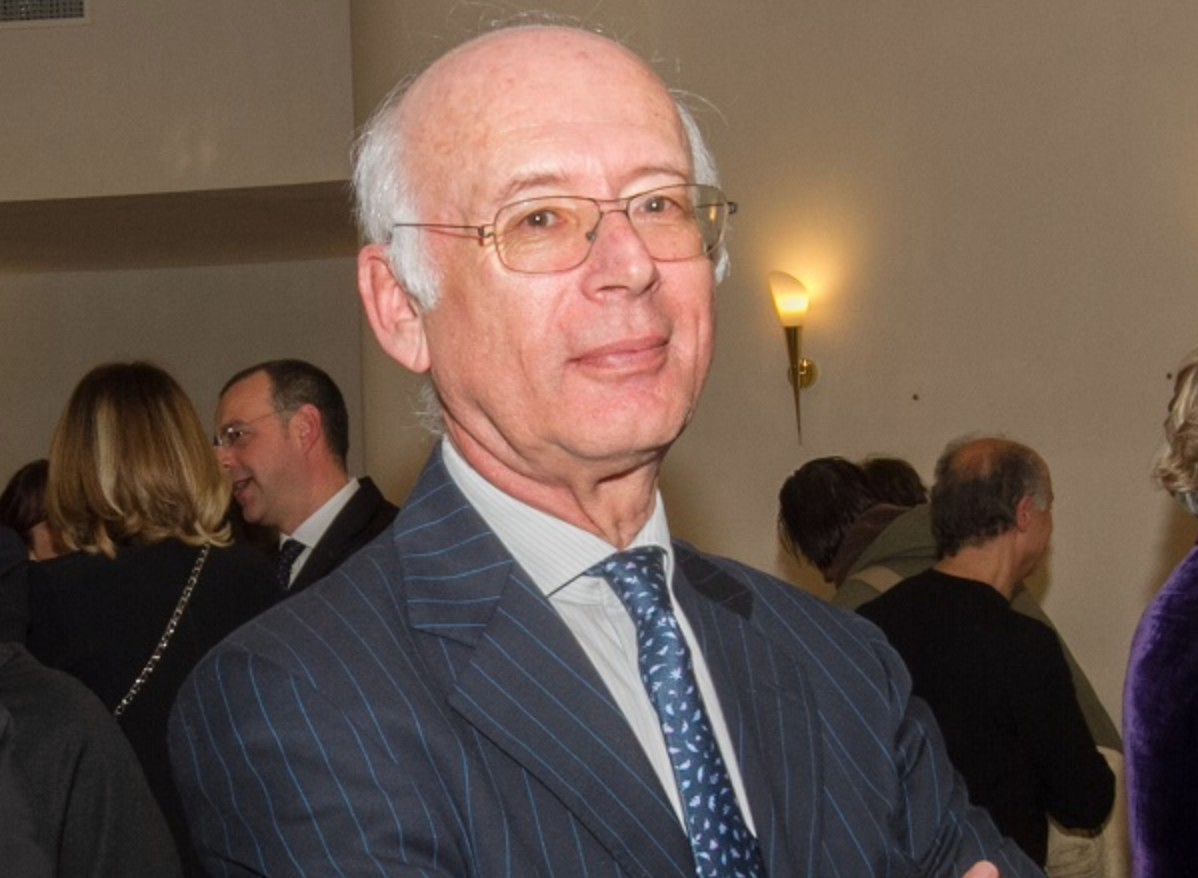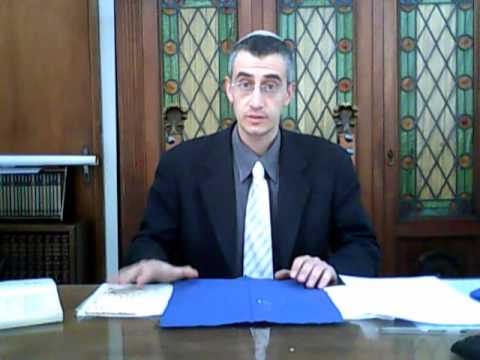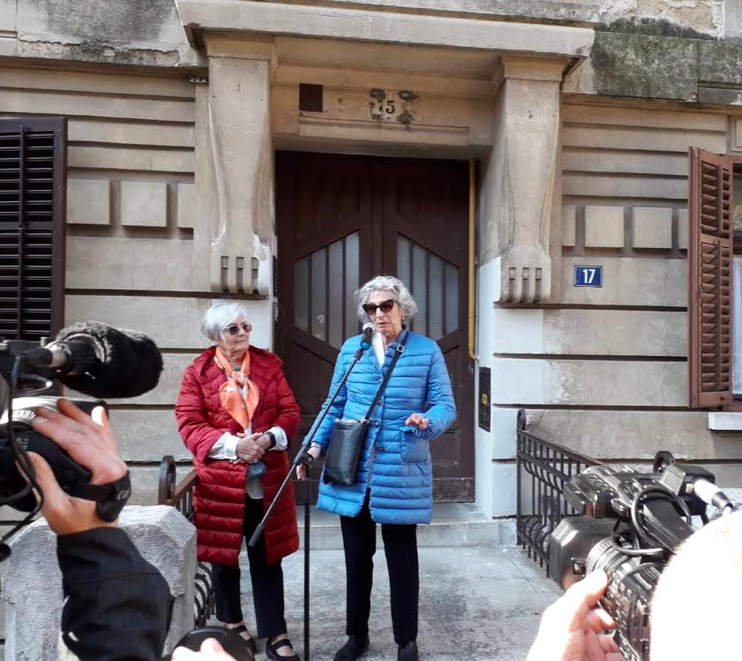Having trouble viewing this email? Click here


|
culture Exhibit on Renaissance to Debut at Museum  By Rossella Tercatin The exhibit “The Renaissance Speaks Hebrew” will be inaugurated at the Museum of Italian Judaism and the Shoah (MEIS) in Ferrara on April 12, 2019. It will be opened until September 15, 2019. After delving in the first centuries of the Jewish presence on the Italian peninsula, in “Jews, an Italian story. The first thousand years”, the new exhibition will cover a crucial page of the cultural history of Italy, in the perspective of the Jewish contribution to it and the interaction with the Christian majority. The goal is to show the nuances of a complex and fruitful period, marked by the interweaving of harmony and prejudices. |
|
News Stumbling Blocks for Remembrance in Fiume
By Adam Smulevich |
|
culture Committee for Primo Levi’s Birth Centenary: Dario Disegni Appointed President  By Pagine Ebraiche staff* By Pagine Ebraiche staff*The National Committee for the celebrations of Primo Levi’s birth Centenary officially took office last week. Dario Disegni, president of the National Museum of Italian Judaism and the Shoah, of the Jewish Community of Turin and of the Foundation for Jewish Cultural Heritage in Italy, will preside, as announced by the Ministry of Cultural Heritage and Activities in Rome in the presence of the undersecretary Lucia Borgonzoni. The program includes many initiatives in Italy and abroad in order to spread and encourage the civic and moral lesson propelled by Primo Levi, “whose unlimited teaching represents, today more than ever, a fundamental benchmark for our society”, Disegni observed. *Translated by Claudia Azzalini, student at the Advanced School for Interpreters and Translators of Trieste University, intern at the newspaper office of the Union of the Italian Jewish Communities. |
|
bechol
lashon - Español El justo y el tramposo 
Por Michael Ascoli* |
pilpul Freedom, Dialogue and the Acknowledgment of the Other: Thoughts on Pesach 
By Yaakov Mascetti* |
|
ITALICS How an Italian earthquake in 1570 created  By Henry Abramson* By Henry Abramson*Azariah de’ Rossi was an entirely unremarkable Italian Jew in his late 50s when the earth shook beneath his feet in the great Ferrara earthquake of November 1570. Narrowly escaping the collapse of his home that Shabbat night, he and his family sought refuge with other survivors, Jews and Christians alike, in open fields and even aboard boats on the Po River. His encounter with Christian scholars in the aftermath of the earthquake convinced him to write a religious book, inspired by the earthquake, that described the majesty of the God’s universe. The resultant 700-page magnum opus, titled “The Light of the Eyes,” caused an intellectually seismic event whose aftershocks would reverberate for the next 500 years: Without realizing it, Azariah de’ Rossi had essentially created Modern Orthodoxy. According to my colleague at Touro College Rabbi Dr. Zev Eleff, who literally wrote the book on Modern Orthodoxy, it is “a movement that inspires a life that is halakhically legitimate, inspired by the promise of Religious Zionism and animated by the best of modern wisdom and culture.” (Halacha is Jewish religious law.) It would take a few centuries to flourish into a full-fledged movement (especially the religious Zionism part), but de’ Rossi’s approach to Judaism was pretty radical for the 1500s. For example, de’ Rossi was broadly inclusive of all wisdoms, regardless of their source. Elements of this orientation are evident in isolated works of Jewish physicians such as Maimonides, but de’ Rossi was much more radical, consulting controversial Jewish thinkers like Philo and Christian sources like Augustine. *The article was published in The Jewish Telegraphic Agency on March 29, 2019. |
 |


This
newsletter is published under difficult conditions. The editors of this
newsletter are Italian journalists whose native language is Italian.
They are willing to offer their energy and their skills to give
international readers the opportunity of learning more about the
Italian Jewish world, its values, its culture and its traditions.
In spite of all our efforts to avoid this, readers may find an
occasional language mistake. We count on your understanding and on your
help and advice to correct these mistakes and improve our publication.
Pagine Ebraiche International Edition is published by the Union of
Italian Jewish Communities (UCEI). UCEI publications encourage an
understanding of the Jewish world and the debate within it. The
articles and opinions published by Pagine Ebraiche International
Edition, unless expressly stated otherwise, cannot be interpreted as
the official position of UCEI, but only as the self-expression of the
people who sign them, offering their comments to UCEI publications.
Readers who are interested in making their own contribution should
email us at desk@ucei.it
You received this newsletter because you authorized UCEI to contact
you. If you would like to remove your email address from our list, or
if you would like to subscribe using a new email address, please send a
blank email to desk@ucei.it
stating "unsubscribe" or "subscribe" in the subject field.
© UCEI - All rights reserved - The articles may only be reproduced
after obtaining the written permission of the editor-in-chief. Pagine
Ebraiche - Reg Rome Court 199/2009 – Editor in Chief: Guido Vitale.
Special thanks to: Francesco Moises Bassano, Susanna Barki, Amanda
Benjamin, Monica Bizzio, Angelica Edna Calò Livne, Eliezer Di Martino,
Alain Elkann, Dori Fleekop, Daniela Fubini, Benedetta Guetta, Sarah
Kaminski, Daniel Leisawitz, Annette Leckart, Gadi Luzzatto Voghera,
Yaakov Mascetti, Francesca Matalon, Jonathan Misrachi, Anna Momigliano,
Giovanni Montenero, Elèna Mortara, Sabina Muccigrosso, Lisa Palmieri
Billig, Jazmine Pignatello, Shirley Piperno, Giandomenico Pozzi, Daniel
Reichel, Colby Robbins, Danielle Rockman, Lindsay Shedlin,
Michael Sierra, Rachel Silvera, Adam Smulevich, Simone Somekh, Rossella
Tercatin, Ada Treves, Lauren Waldman, Sahar Zivan.
Questo notiziario è realizzato in condizioni di particolare difficoltà.
I redattori di questo notiziario sono giornalisti italiani di
madrelingua italiana. Mettono a disposizione le loro energie e le loro
competenze per raccontare in lingua inglese l'ebraismo italiano, i suoi
valori, la sua cultura e i suoi valori. Nonostante il nostro impegno il
lettore potrebbe trovare errori e imperfezioni nell'utilizzo del
linguaggio che faremo del nostro meglio per evitare. Contiamo sulla
vostra comprensione e soprattutto sul vostro aiuto e sul vostro
consiglio per correggere gli errori e migliorare.
Pagine Ebraiche International Edition è una pubblicazione edita
dall'Unione delle Comunità Ebraiche Italiane. L'UCEI sviluppa mezzi di
comunicazione che incoraggiano la conoscenza e il confronto delle
realtà ebraiche. Gli articoli e i commenti pubblicati, a meno che non
sia espressamente indicato il contrario, non possono essere intesi come
una presa di posizione ufficiale, ma solo come la autonoma espressione
delle persone che li firmano e che si sono rese gratuitamente
disponibili. Gli utenti che fossero interessati a offrire un proprio
contributo possono rivolgersi all'indirizzo desk@ucei.it
Avete ricevuto questo messaggio perché avete trasmesso a Ucei
l'autorizzazione a comunicare con voi. Se non desiderate ricevere
ulteriori comunicazioni o se volete comunicare un nuovo indirizzo
email, scrivete a: desk@ucei.it
indicando nell'oggetto del messaggio "cancella" o "modifica".
© UCEI - Tutti i diritti riservati - I testi possono essere riprodotti
solo dopo aver ottenuto l'autorizzazione scritta della Direzione.
Pagine Ebraiche International Edition - notiziario dell'ebraismo
italiano - Reg. Tribunale di Roma 199/2009 - direttore responsabile:
Guido Vitale.
Realizzato con il contributo di: Francesco Moises Bassano, Susanna
Barki, Amanda Benjamin, Monica Bizzio, Angelica Edna Calò Livne,
Eliezer Di Martino, Alain Elkann, Dori Fleekop, Daniela Fubini,
Benedetta Guetta, Sarah Kaminski, Daniel Leisawitz, Annette Leckart,
Gadi Luzzatto Voghera, Yaakov Mascetti, Francesca Matalon, Jonathan
Misrachi, Anna Momigliano, Giovanni Montenero, Elèna Mortara, Sabina
Muccigrosso, Lisa Palmieri Billig, Jazmine Pignatello, Shirley Piperno,
Giandomenico Pozzi, Daniel Reichel, Colby Robbins, Danielle
Rockman, Lindsay Shedlin, Michael Sierra, Rachel Silvera, Adam
Smulevich, Simone Somekh, Rossella Tercatin, Ada Treves, Lauren
Waldman, Sahar Zivan.
